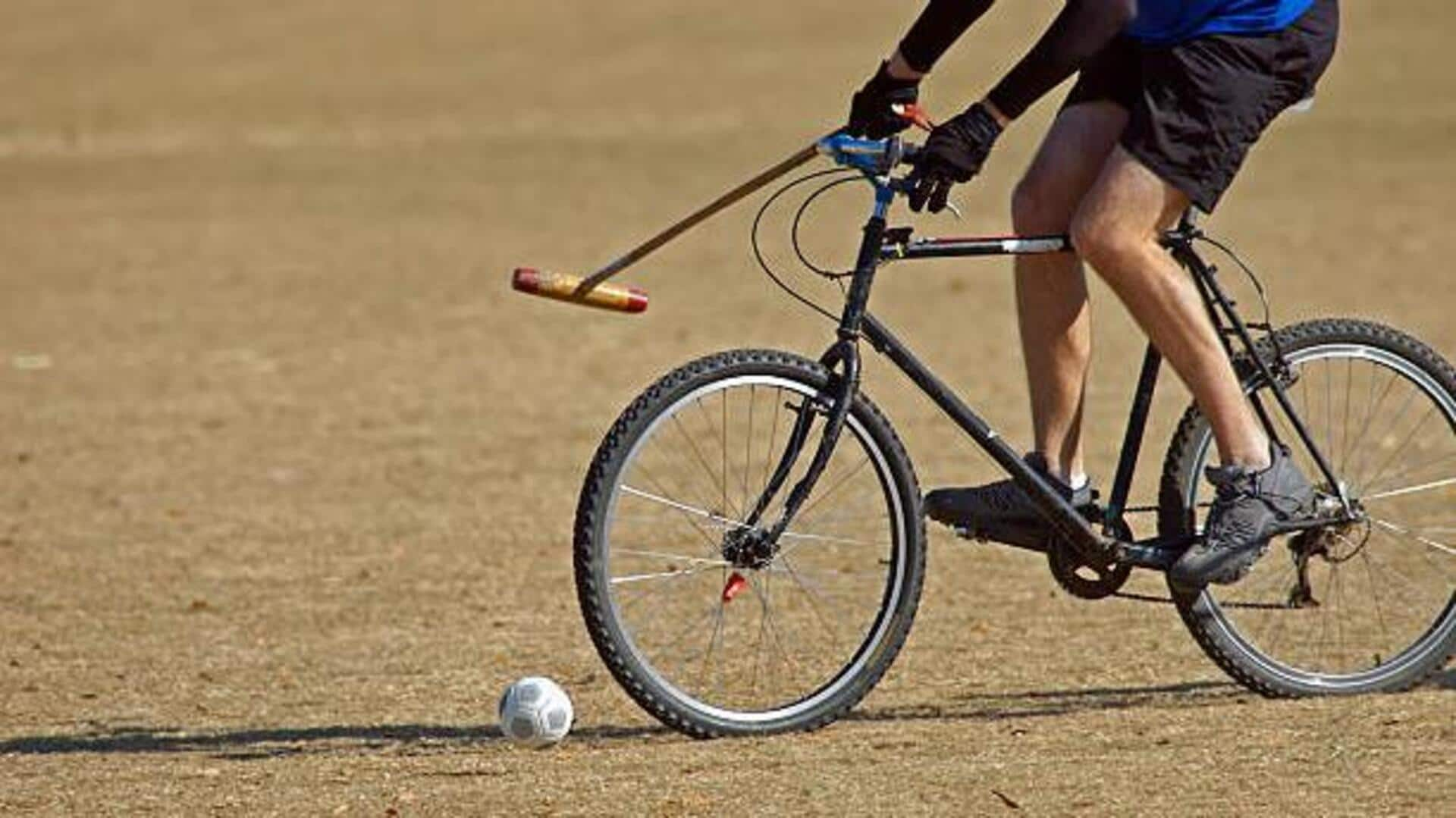
Exploring bicycle polo leagues
What's the story
Bicycle polo, a thrilling fusion of classic polo and cycling, provides an adrenaline-fueled alternative to conventional team sports. This unique sport, which substitutes bicycles for horses, has been experiencing a surge in popularity across the globe. Marrying the physical demands of cycling with the strategic elements of polo, bicycle polo presents an enticing opportunity for thrill-seekers in search of the unconventional.
Getting started
The basics of bicycle polo
Bike polo needs just a bike, mallet, and ball, and can be played on any old stretch of asphalt. Teams of three to five players pedal their hearts out, trying to whack the ball into the opposing goal while staying on their bikes. The rules of the game are pretty much like regular polo, but with a few tweaks to keep things safe and fair on two wheels.
Finding your team
Joining a league
Most cities have established bicycle polo clubs that hold regular games and tournaments. Joining a local club is the easiest way to participate in bicycle polo leagues. Clubs are open to players of all skill levels and usually offer equipment for new members to use. Fees for membership are typically $20-$50 per year, which contributes to court rental and event organization costs.
Gear up
Equipment essentials
Any robust bike can be used, but most players prefer specially designed polo bikes with enhanced maneuverability and durability. Expect to pay around $30-$60 for a decent mallet; the price varies based on materials and craftsmanship. Helmets are compulsory in most leagues for obvious safety reasons. Other protective gear like gloves and knee pads are also advisable.
Skills development
Mastering the game
To excel in bicycle polo, you need to hone two key skills: bike handling and mallet control. To up your game, practice tight turns, abrupt stops, and rapid accelerations. For mallet prowess, work on precise hitting, passing under pressure, and effectively blocking opponents' shots. Many clubs offer training sessions or workshops to help players sharpen these fundamental skills, with options for different skill levels.
Beyond the game
Community engagement
Bike polo is not just a competitive sport, but also a community-building activity. Social events: Tournaments usually involve social events after the matches, allowing players to interact and build relationships beyond the field. Community service: Many clubs participate in local charity events or environmental initiatives, demonstrating their commitment to positive community impact through sport.